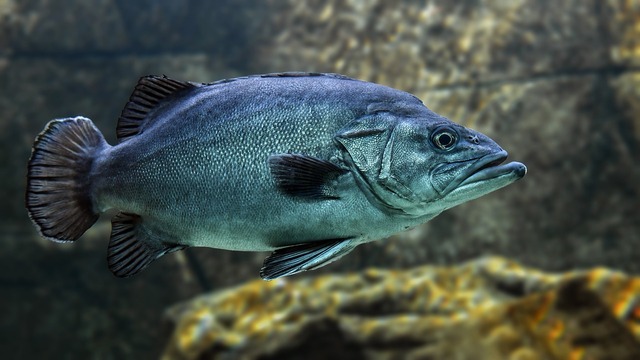Audit Confirms State Fish and Wildlife Account Seeing a Shortfall in Revenues
Thursday, August 28th, 2025 -- 8:01 AM

(Danielle Kaeding, Wisconsin Public Radio) An audit has confirmed the state’s fish and wildlife account is seeing a shortfall in revenues without backfilling it with state funds.
According to Danielle Kaeding with Wisconsin Public Radio, the nonpartisan Legislative Audit Bureau released its findings Wednesday. The audit was approved last summer by the Legislature’s joint audit committee.
Republican lawmakers called for the audit as the DNR had projected a $16 million shortfall in the account. The audit found the agency spent $126.2 million from the account in fiscal year 2023-24.
At the same time, the account’s revenues had grown nearly 24 percent since fiscal year 2019-20 to $140.9 million. Even so, the audit found that the account would’ve been roughly $10 million short on funds without a $25 million transfer from the state’s forestry account.
The DNR has said hunting, fishing and trapping license fees are the primary source of funding for the account, and fees haven’t been significantly raised in 20 years.
State Sen. Eric Wimberger, R-Oconto, cochairs the joint audit committee. He acknowledged there’s not enough money coming in to support the current administration of the fund.
“However, I think it also shows that there are ways to possibly make things a little more efficient that would avoid, maybe, some raising of the fees,” Wimberger told WPR. “I think that is going to take a little bit more investigation.”
Expenditures from the account were supported by $92.9 million in state revenues and $33.3 million from federal sources that include Pittman-Robertson and Dingell-Johnson Act funds.
Wimberger said lawmakers may want to take a closer look at setting better parameters around shared spending. About $44.9 million in spending is shared with other accounts in the state’s Conservation Fund, which finances many natural resource management programs.
Those funds support activities that include customer service, law enforcement, property management and administrative costs. “Maybe we could dig into these numbers a bit better and come up with some efficiencies instead of increasing the fees,” Wimberger said.
Republicans highlighted that 49.8 percent of state revenues or $46.3 million went directly to benefit hunters and anglers. That’s down from 57.3 percent or $68.3 million when the account was last audited in 2006. The audit found 39.5 percent of state revenues or $36.7 million was spent on activities that benefited hunters, anglers and other users.
Less than 1 percent or $303,100 was spent on activities that didn’t benefit hunters and anglers, down from 2.4 percent or $1.6 million in 2006. The DNR spent $9.6 million or 10.3 percent on administrative costs, below a statutory limit of 16 percent.
In a statement, DNR Secretary Karen Hyun said the agency is glad to see the audit confirm the department’s appropriate use of funds in the fish and wildlife account.
“We appreciate the added transparency that an audit like this brings, and it serves as another opportunity to solidify the public’s confidence in the DNR’s financial management of the Fish and Wildlife Account,” Hyun said. “With the audit coming to a close, we look forward to making progress with the Legislature on a solid fix to the Fish and Wildlife Account deficit.”
Under the current two-year state budget, Republican lawmakers are transferring $30 million from the state’s forestry account to avoid a shortfall. In a letter responding to the audit, Hyun said the lack of license fee increases led to lawmakers backfilling the account.
Fee increases must be approved by the Legislature. Even so, Wimberger and state Rep. Robert Wittke, R-Caledonia, cochairs of the joint audit committee, said in a statement that the agency should “provide reassurance that it will be more accountable with its own finances” before lawmakers consider raising fees.
The audit also reviewed 230 expenditures made for projects supported by federal funding totaling $5.1 million. The review found the agency complied with federal regulations on spending those funds, and staff did not charge their time for ineligible activities.
The audit makes nine recommendations that include improving reporting of administrative costs to the Legislature and creating written policies for the process it uses to make changes to the methodology for allocating shared spending.
The audit said the DNR should report the status of its efforts to meet all recommendations to the Legislature’s joint audit committee by March 16 next year.
Feel free to contact us with questions and/or comments.




